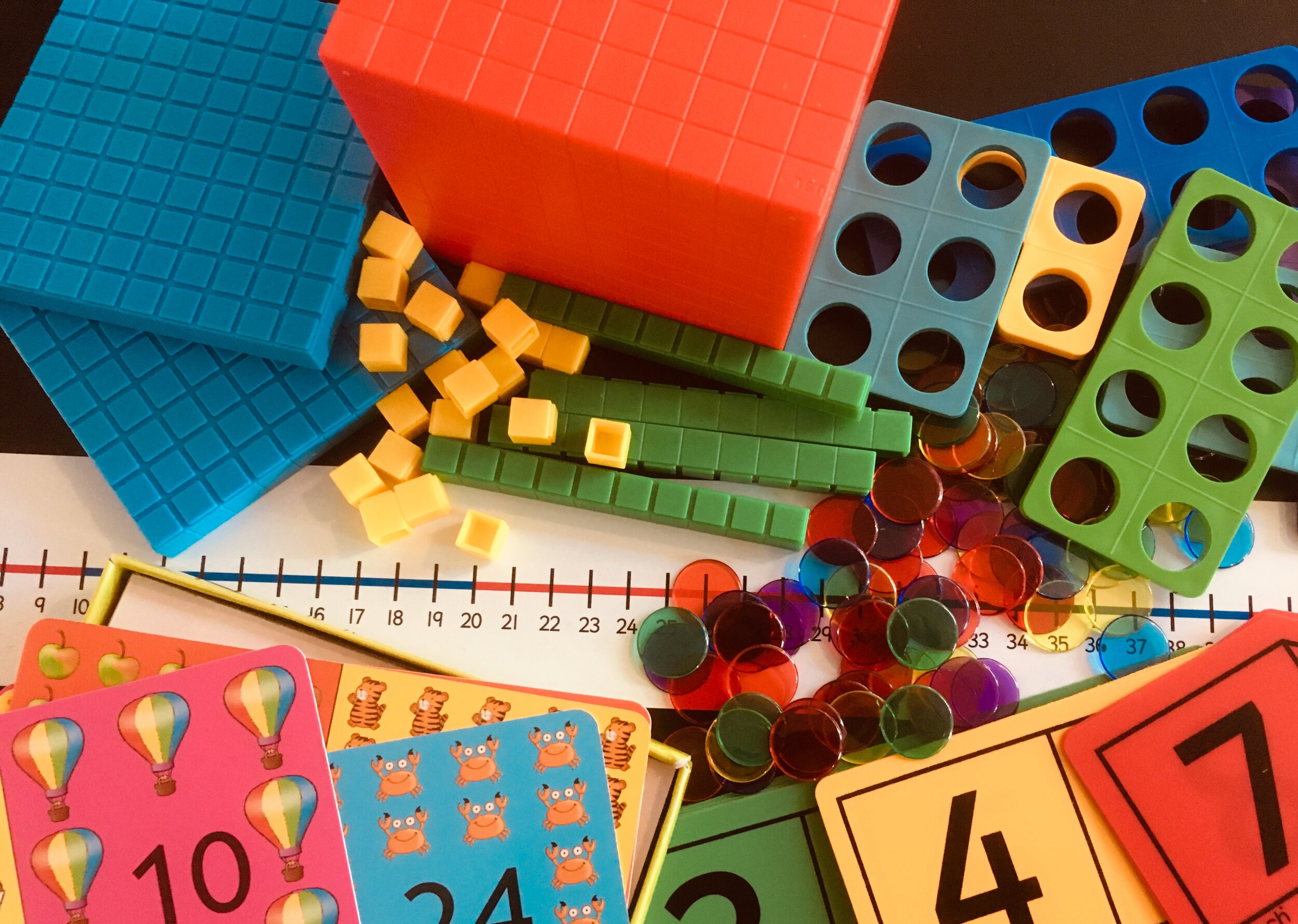Level 4 - Subject Content
Level 4 follows on seamlessly from Level 3 of Maths For Life and builds on the scope and complexity of the topic in an incremental and logical way.
Maths For Life Level 2, 3 and 4 combined equate to Functional Skills Entry Level 2.
TOPIC 1 - USING NUMBERS AND THE NUMBER SYSTEM - WHOLE NUMBERS, FRACTIONS & DECIMALS
1. Read, write, order and compare numbers up to 10,000
2. Understand place value of thousands, hundreds, tens and ones
3. Estimate by rounding to the nearest 1000
4. Understanding of negative numbers to -10
5. Multiply numbers by 11 and 12
6. Multiply a two-digit whole number by a one-digit whole number
7. Multiply a one-digit whole number by 10, 100 and 1000
8. Divide numbers by 11 and 12
9. Divide a two-digit whole number by a one-digit whole number and express a remainder
10. Divide a one-, two- and three-digit whole number by 10 and 100 to two decimal places
11. Use multiplication facts and make connections with division facts
12. Recognise the correct order to complete the operations (+, -, x, ÷) as BODMAS
13. Recognise simple fractions - halves, thirds, quarters, tenths and hundredths of shapes
14. Recognise simple fractions - halves, thirds, quarters, tenths and hundredths of a whole number
15. Relate tenths and hundredths of a whole number to decimals
16. Understand place value of tenths and hundredths
17. Read, write and use decimals to two decimal places
TOPIC 2 - USING COMMON MEASURES, SHAPE AND SPACE
18. Calculate money using decimal notation to £100
19. Understand and compare value propositions
20. Read analogue time
21. Time calculations with minutes and hours
22. Time calculations with days, weeks and months
23. Convert between measures of length including millimetres, centimetres, metres and kilometres
24. Convert between measures of weight including grams and kilograms
25. Convert between measures of capacity including millilitres and litres
26. Read and compare temperatures from -10 to +100 degrees
27. Read and record circular scales
28. Describe the properties of common 2-D shapes including lines of symmetry, right angles and angles
29. Recognise the angles associated with halves, thirds, quarters and tenths of a circle
30. Use coordinates on simple maps to locate position
31. Recognise simple scales on maps and drawings
32. Use appropriate positional vocabulary to describe position of turns - full, half, quarter
TOPIC 3 - HANDLING INFORMATION AND DATA
33. Extract information from lists and create frequency tables
34. Extract information from simple pie charts
35. Interpret information, to make comparisons and record changes, from different formats
36. Organise and represent information in appropriate ways
37. Find the mean and range of a set of quantities
All Record of Progress, Content and Baseline Assessments use the same nomenclature reference that directly relates to the subject content. For example:
Topic 1 - 9. 9. Divide a two-digit whole number by a one-digit whole number and express a remainder will be 4L1.9 - Level 4, Topic 1, Subject 9
Topic 2 - 27. Read and record circular scales will be 4L2.27 - Level 4, Topic 2, Subject 27
LEVEL 4 STUDENTS ARE EXPECTED TO BE ABLE TO:
use given mathematical information including numbers, symbols, simple diagrams and charts;
recognise, understand and use simple mathematical terms appropriate to Level 4;
use the methods given above to produce, check and present results that make sense; and
present appropriate explanations using numbers, measures, diagrams, charts and symbols appropriate to Level 4.
The context for simple problems at Level 4 should be familiar to all students and easily described.


